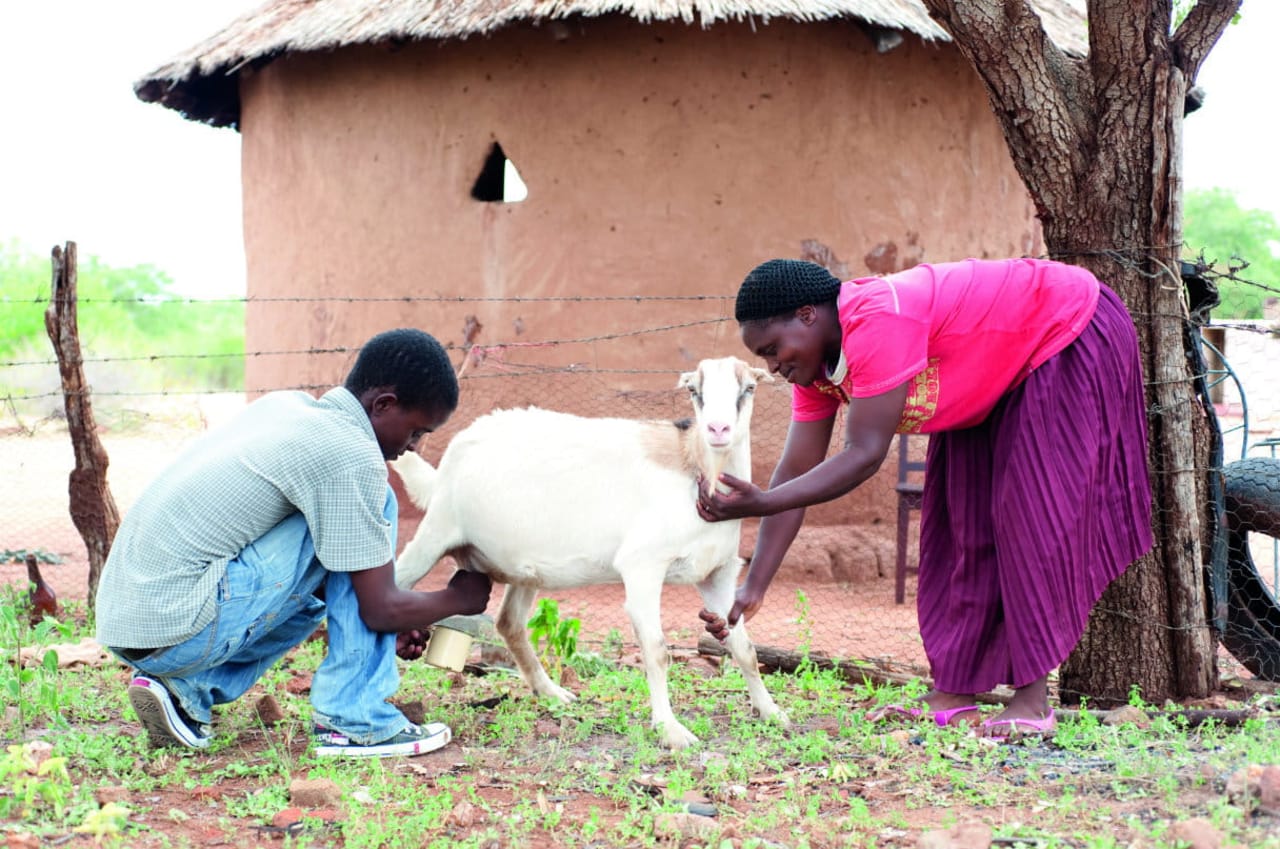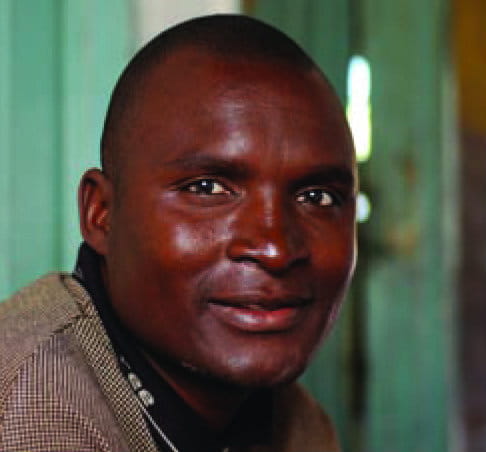Zimbabwe is home to an estimated 720,000 orphans, partly as a result of deaths from AIDS-related illnesses. Traditionally, the extended family would care for orphans. However, the difficult economic and social conditions in the country have left relatives struggling to cope. ZOE (Zimbabwe Orphans through Extended Hands) believes local churches have a vital role to play.
Mobilising churches
Mobilising churches is at the heart of ZOE’s work. Often churches have a desire to care for orphans, but do not know how to help. This is where ZOE steps in.
The strength of the ministry is in churches working together. When a church leader approaches ZOE for help with caring for orphans, ZOE first asks the pastor to gather all the church leaders in the area. ZOE staff then envision the leaders together about the biblical message to care for orphans. The leaders go back to their churches and share the vision. They ask those in their congregations who have a heart for orphans to become volunteers.
ZOE then trains church volunteers to visit and support orphan families (families who are caring for orphans). Each volunteer is responsible for visiting four or five orphan families regularly (fewer if any of the families are child-headed households, as these need more support).
Family strengthening
Church volunteers are trained in parenting skills, budgeting, child protection, psychosocial support, child development, and sexual and reproductive health. They pass on this training and knowledge to the families they support.
Churches and community members are also encouraged to speak up for orphans through advocacy. They protect orphan families’ inheritance rights and help orphans get birth certificates, which they need for accessing other services. Building supportive relationships is central to the volunteers’ role. As part of their training, they are encouraged to use their God-given resources to support orphan families.
Sustainable livelihoods
ZOE also helps orphans and caregivers find ways to make a living. They provide them with small livestock (eg goats, chickens or rabbits) and train family members in animal management. They also train orphan families to grow crops and offer vocational training to orphans in a trade of their choice, setting them up for a more secure future.








